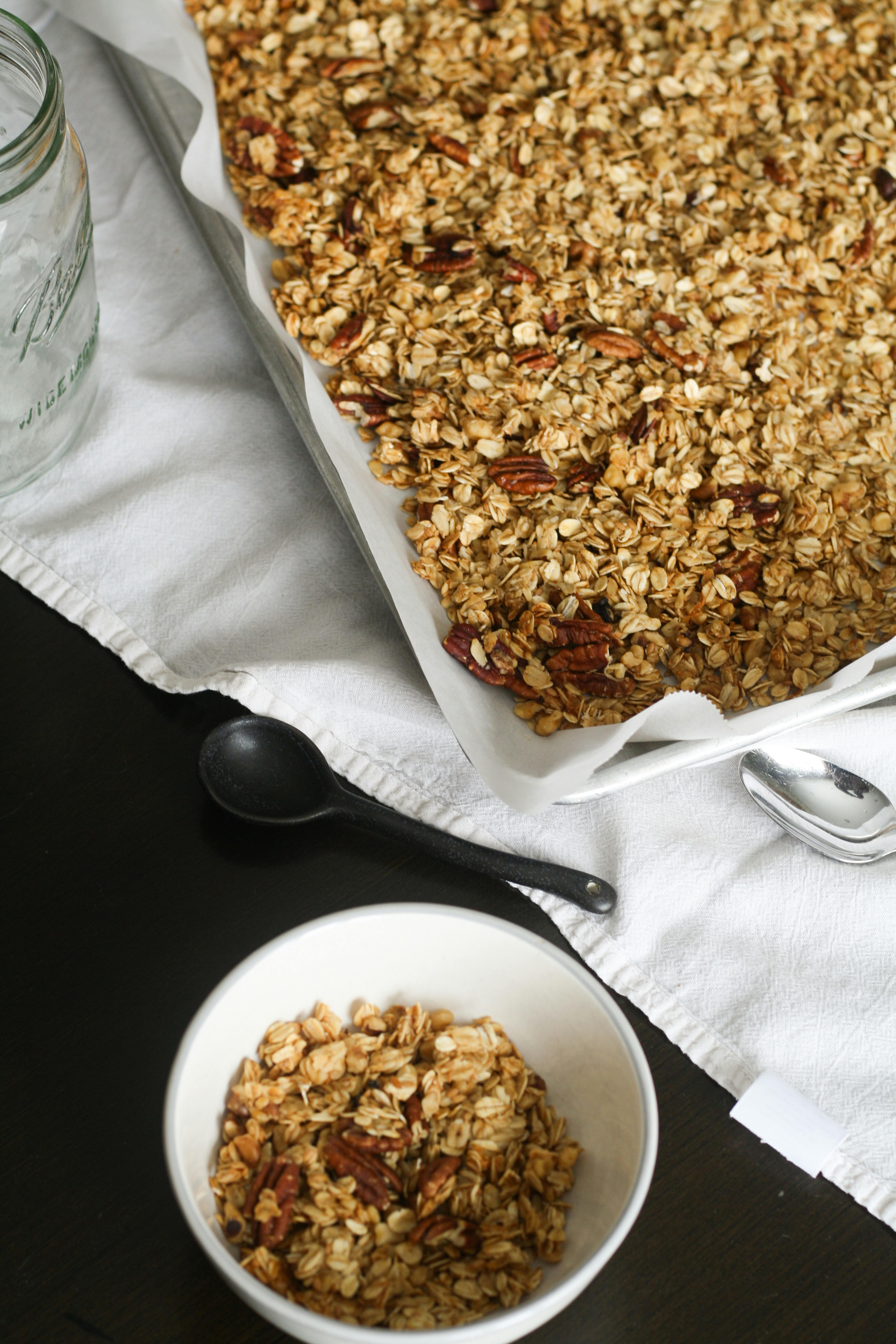10 Essential Carbs in Hummus: Discover Healthy Benefits in 2025
Hummus has become a staple in healthy eating, especially in plant-based diets. With its rich flavor and creamy texture, it not only serves as a delicious dip but also offers impressive nutritional benefits. Understanding the carbs in hummus can offer insights into its place in a balanced diet.
As you explore the humus nutritional information, you'll find that the health benefits of hummus extend beyond its taste. Providing a vegan protein source, hummus is an ideal addition to meals and snacks, often seen as a low carb option compared to traditional dips. This article will delve into the carbohydrate content of hummus, compare it with alternatives like guacamole, and outline its components, allowing you to easily incorporate hummus into your diet.
Get ready to uncover the nutritional value of chickpeas, explore hummus recipes, and discover how to enjoy this versatile spread. In the following sections, we will also address common misconceptions regarding calories in hummus and its suitability for specific diets, including the Mediterranean diet. Let’s get started!
Understanding Hummus Nutritional Information
Carbohydrate Content in Hummus
Hummus primarily consists of chickpeas, tahini, and olive oil, all contributing to its total carbohydrate content. Typically, a two-tablespoon serving of traditional hummus contains around 4-6 grams of carbohydrates. This moderate level of carbs makes it suitable for many diets, especially if you're looking for a low-carb hummus option.
Fiber Content in Hummus
One of the significant health benefits of hummus is its fiber content. Chickpeas are a high-fiber food, offering about 2 grams of dietary fiber per serving of hummus. Fiber is essential for digestive health and can aid in weight loss by promoting a feeling of fullness. This nutrient-rich aspect of hummus makes it a smart snacking choice, especially for individuals watching their weight.
Protein and Healthy Fats
In addition to being a source of carbohydrates, hummus also serves as a great vegan protein source. With approximately 1-2 grams of protein per serving, it supports muscle health, especially in plant-based diets. The olive oil in hummus provides healthy fats that can enhance your overall diet while contributing to heart health.
Comparing Hummus and Guacamole
Nutritional Comparison
When considering dips, hummus and guacamole frequently come to mind. Hummus typically contains fewer calories compared to guacamole, mainly due to its lower fat content. While both are nutritious options, understanding their differences can help you choose based on your dietary needs.
Health Benefits
Both dips come packed with health benefits. Hummus provides fiber and protein, while guacamole offers heart-healthy fats from avocados. Choosing between them should depend on your meal context and nutritional goals. For example, if your focus is on increasing fiber intake, hummus might be the better choice.
Pairing Options
Hummus pairs excellently with a variety of options, from whole-grain pita bread to fresh vegetables. This versatility makes hummus an excellent dip for gatherings or casual meals. When examining ways to eat hummus, try incorporating it into various dishes, enhancing your meals with flavor while maintaining healthy eating habits.

Ways to Enjoy Hummus: Healthy Snack Ideas
Using Hummus as a Dip
Hummus makes for an ideal dip. You can pair it with a variety of fresh vegetables, whole-grain crackers, or even as a spread on sandwiches. This makes it a favorite among health-conscious individuals seeking nutritious and convenient options.
Creative Hummus Recipes
Exploration of chickpea recipes can lead to endless opportunities. Consider making a lemony hummus for a refreshing twist or trying spicy hummus varieties to add some zest. For a unique flavor, roasted red pepper hummus has gained popularity, offering a delicious alternative to traditional recipes.
Meal Ideas Incorporating Hummus
Hummus is incredibly versatile in cooking. You can use it as a base for dressings, a component in chickpea salads, or even as a creamy addition to pasta dishes. The options for cooking with hummus are broad, ensuring you can keep your meals exciting while maintaining a healthy diet.
Hummus in a Mediterranean Diet
The Role of Hummus in Mediterranean Recipes
The Mediterranean diet emphasizes plant-based foods, and hummus is a perfect fit. With its high nutrient density, it aligns with the diet's principles of incorporating beans, legumes, and healthy fats. Consider how hummus can complement traditional Mediterranean recipes like falafel or as a part of a mezze platter.
Benefits of Chickpeas in Your Diet
Chickpeas, the main ingredient in hummus, are rich in vitamins and minerals, further enhancing their health claims. They are excellent sources of folate and iron, which are crucial for overall health. Regular consumption of chickpeas can contribute to a decreased risk of disease and improved heart health.
Portion Sizes and Serving Suggestions
When considering hummus portion sizes, moderation is key. A typical serving size is 2 tablespoons, which makes it easy to include in your meals without overloading on calories. Be mindful of serving suggestions, pairing smaller amounts of hummus with nutrient-rich accompaniments like fresh veggies.

Exploring Hummus Variations and Brands
Store-Bought vs Homemade Hummus
While homemade hummus recipes offer control over ingredients and flavors, there are excellent store-bought hummus options available. Conducting a store-bought hummus comparison can help you recognize the nutritional differences, allowing you to make better choices for your dietary needs.
Best Brands of Hummus
When selecting the best brands of hummus, watch for those with simple and wholesome ingredients. Look for options with no added sugars or unhealthy preservatives, ensuring that your snack remains as healthy as possible.
Hummus Ingredient Lists
Understanding the hummus ingredients list can also guide you toward healthier alternatives. Pay attention to the types of oils used, the presence of additional preservatives, and, of course, flavoring agents. Prioritizing those that highlight chickpeas can greatly enhance the nutritional profile of your hummus.
Conclusion: Embracing Hummus for Health
As we've seen, hummus presents a remarkable profile of carbohydrates, proteins, and healthy fats, making it an indispensable part of a balanced diet. Understanding the health benefits of hummus, from its fiber content to its versatility in recipes, highlights why it remains a favored option for health-conscious individuals.
Make hummus a part of your snacking routine, experiment with different flavors, and embrace its role in a Mediterranean diet. Whether you choose homemade or opt for a store-bought option, incorporating hummus into your meals can positively impact your health.
So, the next time you dip into hummus, know you're not just enjoying a tasty treat but also reaping the health benefits of this ancient, nutritious food!
